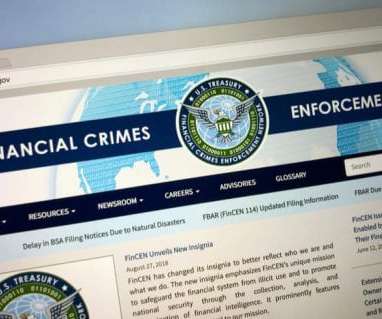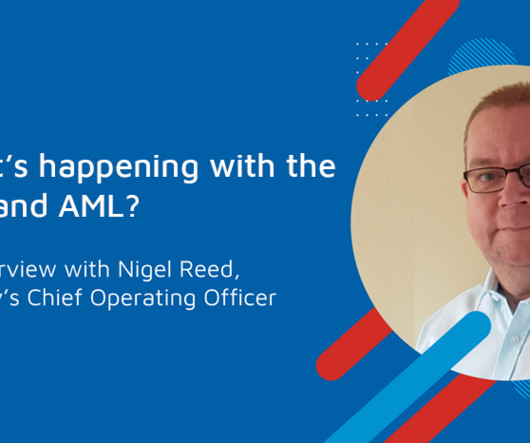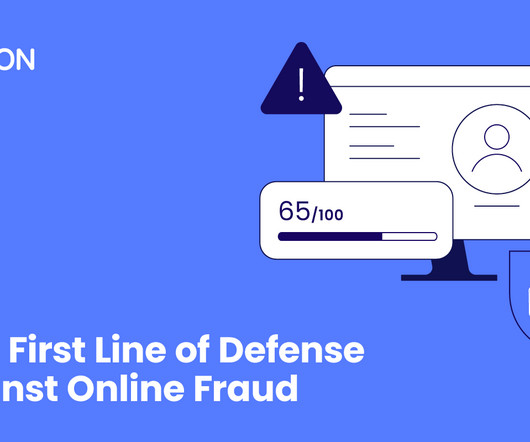FinCEN Files Show Banks’ ‘Whack-a-Mole’ Battle Against KYC/AML
PYMNTS
SEPTEMBER 21, 2020
Department of Treasury’s Financial Crimes Enforcement Network (FinCEN) show that several of the largest global banks moved money on behalf of scores of individuals and enterprises involved in criminal financial activity.












Let's personalize your content